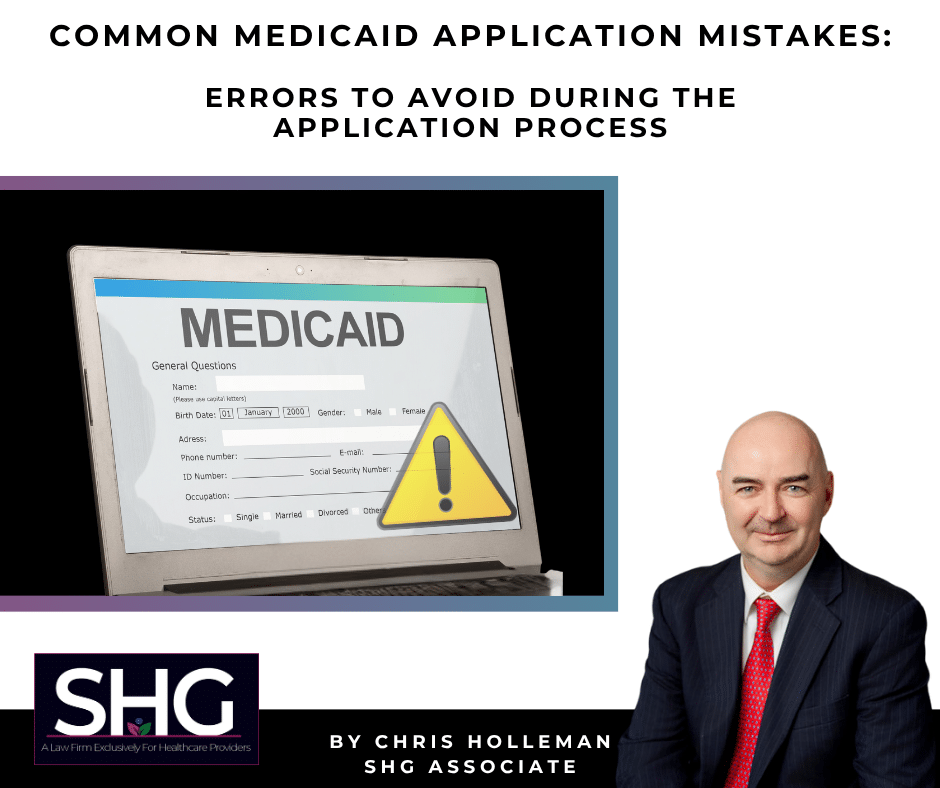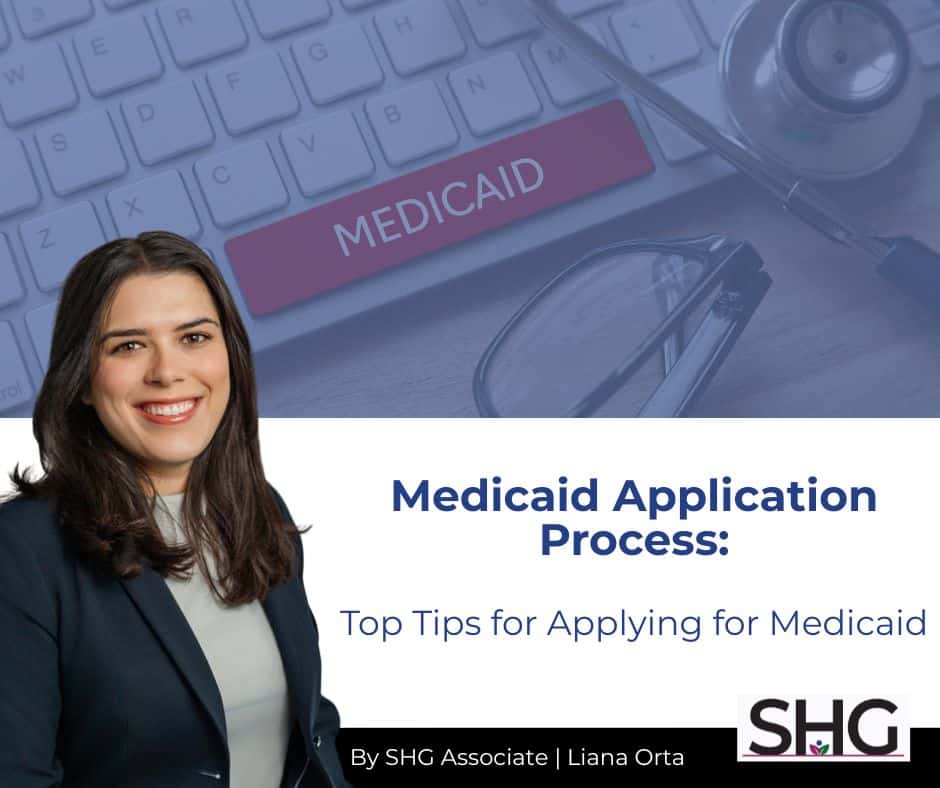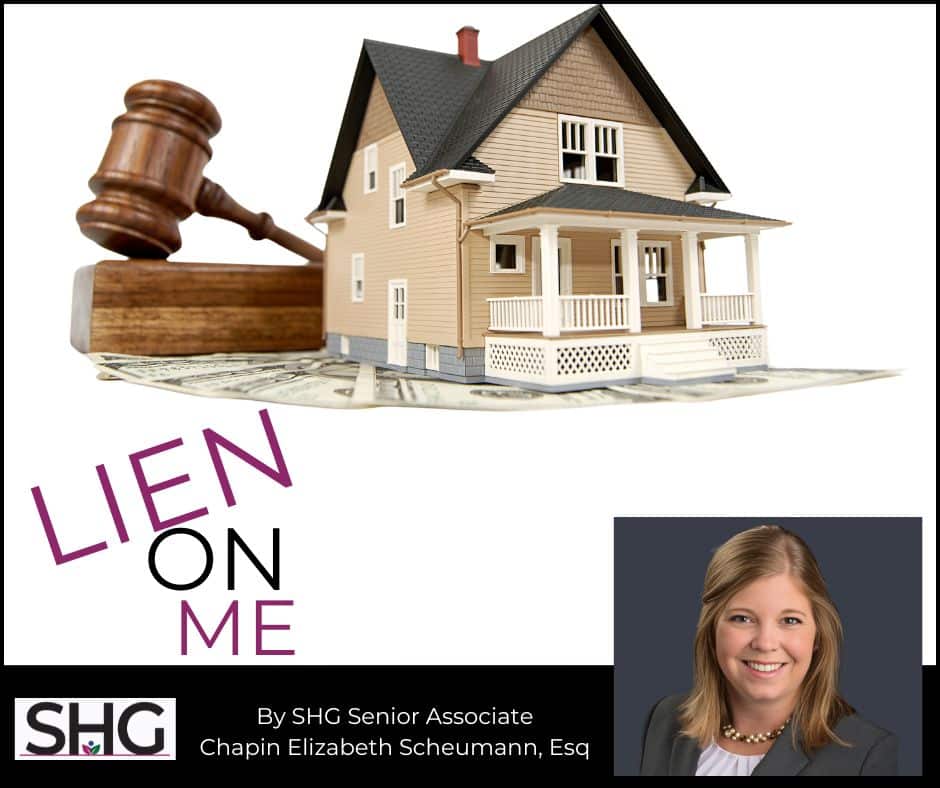Yesterday afternoon, the US Supreme Court issued its 5-4 decision resolving the conflict between the various Circuit courts and upholding the Centers for Medicaid and Medicare’s (“CMS”) requirement that any healthcare provider certified to accept Medicaid or Medicare would be required to mandate COVID-19 vaccination for its employees or face monetary fines for noncompliance.
As a brief reminder, this rule was first issued by CMS in November 2021 and quickly litigated in several states throughout the remainder of the year, ultimately resulting in a federal injunctions against the CMS requirement in 24 states. This split between the 26 states where the requirement was intact and the 24 states where the mandate was banned left multi-state providers in a conflicted and difficult position in the weeks leading up to the original January 4, 2022 compliance date.
In December, CMS issued updated guidance (that applied only to the non-banned) states, which laid out new deadlines for compliance with the mandate, as well as clarified that its original mandate applied only to Medicare- and Medicaid- certified facilities and not to assisted living facilities, or providers of home- and community- based services. Pursuant to the December CMS guidance, healthcare workers must have their first vaccine by Jan 27 and their second vaccine by February 28. Although the rule officially states that any provider with less than 100% compliance would face possible removal from the Medicare and Medicaid programs, CMS has informally suggested that it would pursue other enforcement measures first, and would provide 30- and 60- day grace periods to providers with at least 80% vaccination by the first, January 27 deadline. Of note, it is still unclear whether CMS’ December guidance will apply to the states impacted by today’s Supreme Court decision, or whether CMS will issue new guidance to the previously exempted facilities.
From a legal standpoint, yesterday’s decision also means the underlying issue will return to the lower courts to decide on the merits, however, the Court made its’ opinion on the underlying merits very clear, saying:
We accordingly conclude that the Secretary did not exceed his statutory
authority in requiring that, in order to remain eligible for Medicare and
Medicaid dollars, the facilities covered by the interim rule must ensure
that their employees be vaccinated against COVID–19.
Given the continued complexity of the matter, Stotler Hayes advises all providers to stay informed as to the ever-changing myriad of regulations and court interpretations of the same, and to immediately take efforts to finalize internal vaccine policies. If you have any questions or need assistance, please contact Kelly Hayes or Ashley Shudan.






